
Published:
Readtime: 3 min
Every product is carefully selected by our editors and experts. If you buy from a link, we may earn a commission. Learn more. For more information on how we test products, click here.
Mark Zuckerberg-led Meta is ready to shake up the social media landscape with its own text-based application called Threads, directly competing with Elon Musk’s Twitter. The new app made its debut on July 6, and will be seamlessly linked with Instagram and has appeared on the Apple App Store and Google Play Store, offering users the opportunity to now sign up. With widespread discussions surrounding the uncertain future of Twitter, the Threads launch couldn’t have come at a better time for Zuck.
Elon Musk’s takeover of Twitter has been nothing short of transformative. Ever since taking on the reigns, Musk has tweaked the algorithm, discarded content moderation rules, and also fully revamped the verification process. Recently, he imposed restrictions on the number of tweets one can read, citing data scraping concerns. As a result, the Twitterverse has been left exasperated by these developments and many users have been encountering frustrating “rate limit” messages, rendering the app virtually unusable. Enter Threads.

Despite being closely integrated with Instagram, Meta’s Threads will have its own app altogether. The app appears to take a Twitter-like approach, centring around public conversations and allowing users to follow individuals they already engage with on Instagram. While the App Store listing lacks extensive details, it suggests that users will be able to like, comment, repost, and share posts. Additionally, the screenshots reveal that you will be able to customise your post’s audience or who can reply to your posts, choosing between everyone, people you follow, or only those mentioned in the post, providing greater control over your content.
The official description on the App Store for Meta’s Threads app reads, “Say more with Threads — Instagram’s text-based conversation app. Threads is where communities come together to discuss everything from the topics you care about today to what’ll be trending tomorrow. Whatever it is you’re interested in, you can follow and connect directly with your favourite creators and others who love the same things — or build a loyal following of your own to share your ideas, opinions and creativity with the world.”

While Threads shares many similarities with Twitter in terms of features, its standout feature is the seamless integration with Instagram. This will allow you to port over all your followers and following lists, eliminating the need to rebuild your community from the ground up. However, we’ll have to see how that works in reality when users launch their accounts. Beyond the integration aspect, it will be interesting to see how Threads plans to reward content creators, build communities and address the persistent issues of bots and user privacy.
If you’re keen to add a fresh social media platform into the rotation, you can check out Man of Many on Threads now.



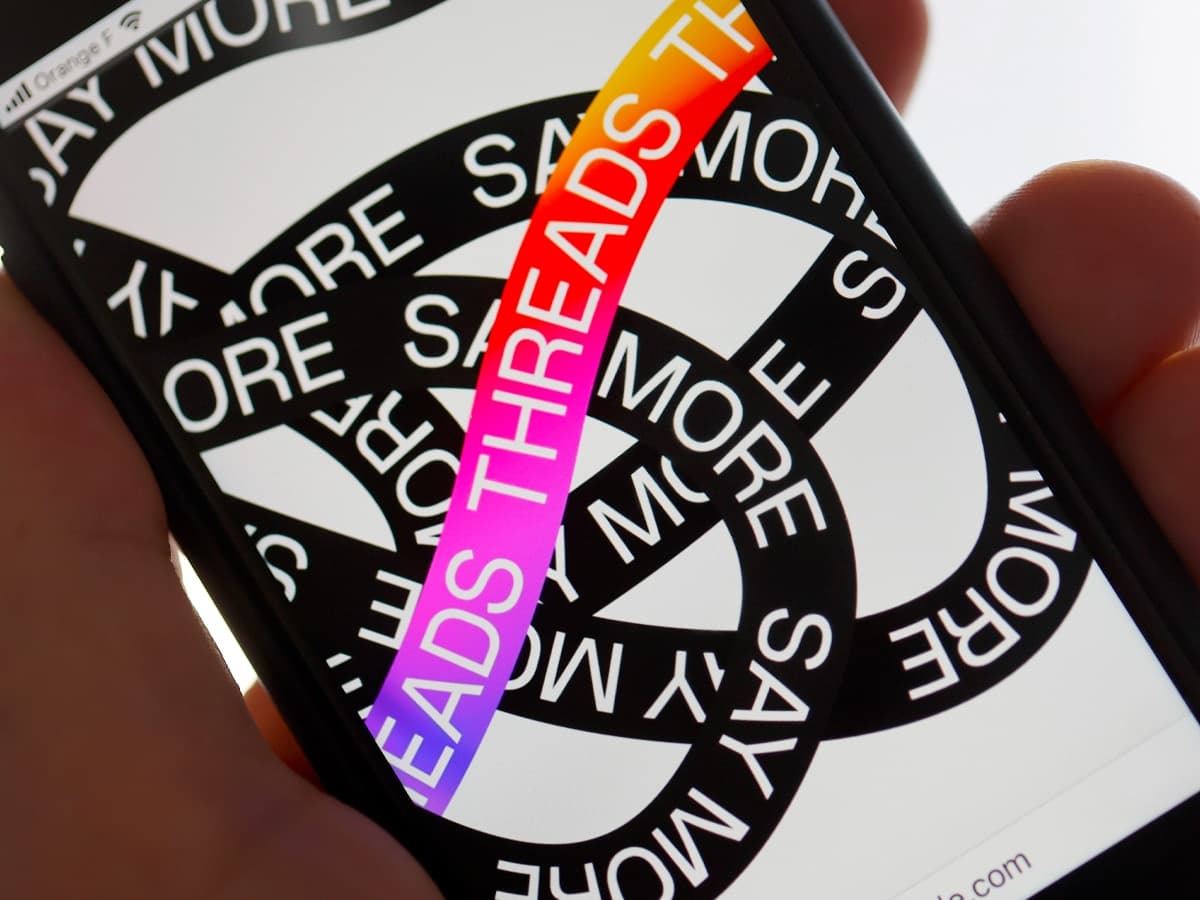

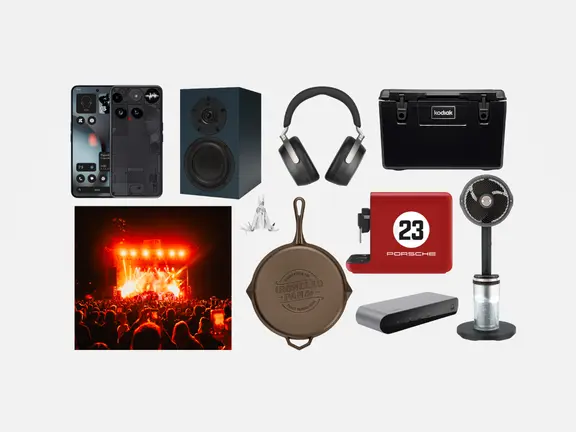













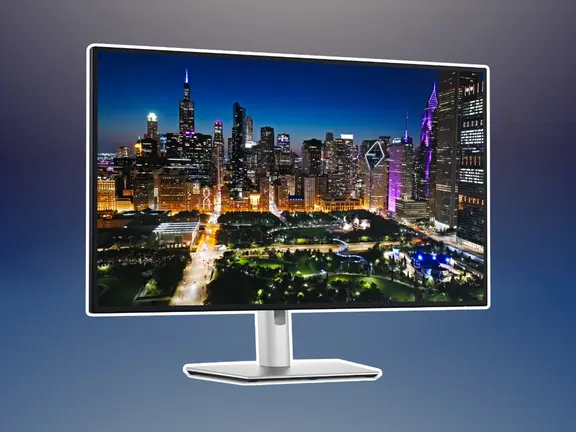




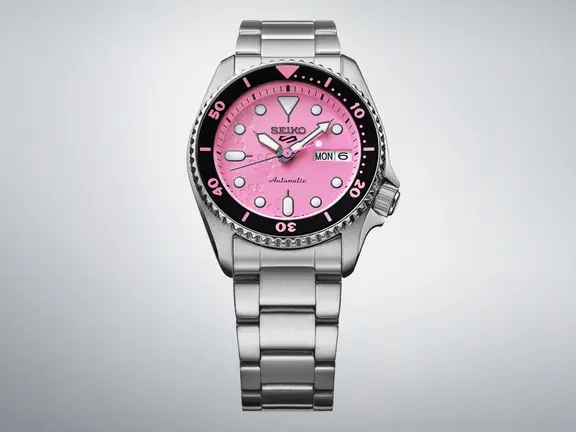



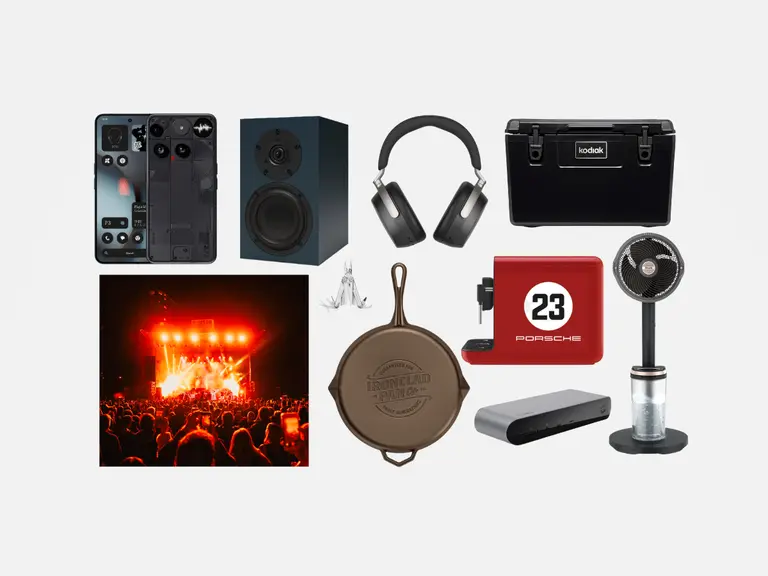






Comments
We love hearing from you. or to leave a comment.